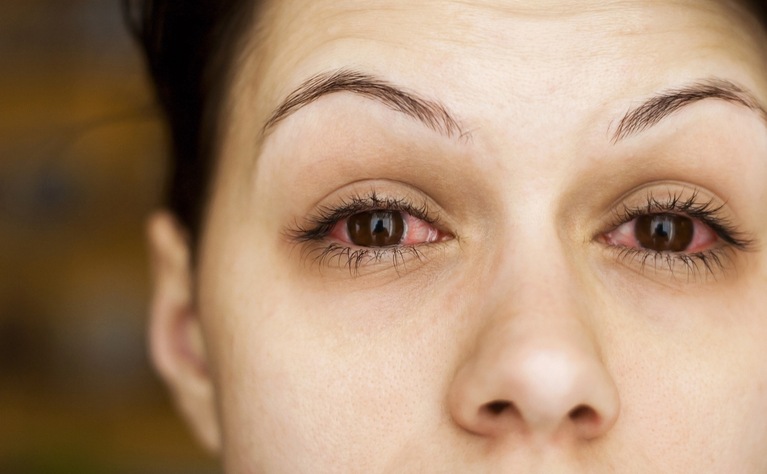
Having inflammatory bowel disease could put you at greater risk of having issues with your eyes. Learn more in this article.
Around 4-10% of people with inflammatory bowel disease (IBD) experience problems with their eyes as a result of their Crohn’s disease or ulcerative colitis1.
IBD causes inflammation in your digestive system but it can also cause problems with other parts of your body - including your eyes.
The problems may occur as a direct result of your IBD or in some cases they can be side effects as a result of medications taken to help control Crohn’s disease or ulcerative colitis - such as corticosteroids.
For some people eye problems are the first sign they have a problem with their immune system and that they may have IBD - for others they are complications which can occur after years of living with IBD.
Some of the common problems include:
Eye problems in IBD often correlate with disease activity (eg a flare) so treating the inflammation in your gut (and bringing your IBD under control) often helps with eye problems - though this is not the case for all eye manifestations.
It is important to remember that not all eye problems may be associated with your IBD. For example there are some common eye manifestations which are common in the general population - such as conjunctivitis.
1. Ocular Complications of Inflammatory Bowel Disease; Rana Mady, Will Grover, and Salim Butrus; The Scientific World Journal; Volume 2015 (2015), Article ID 438402